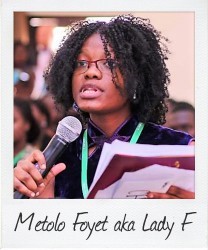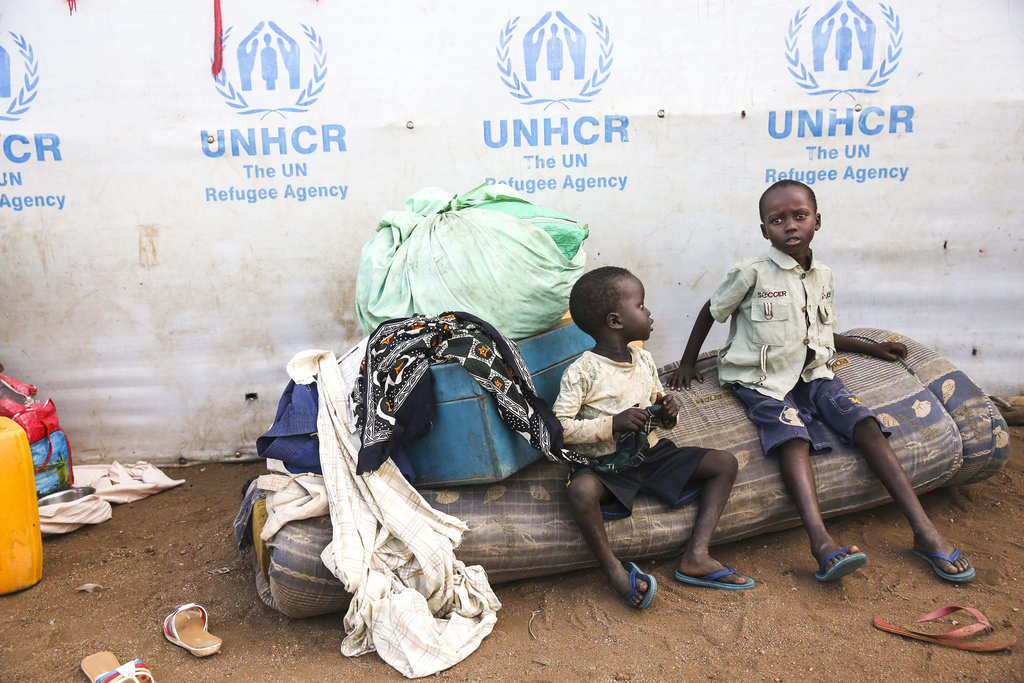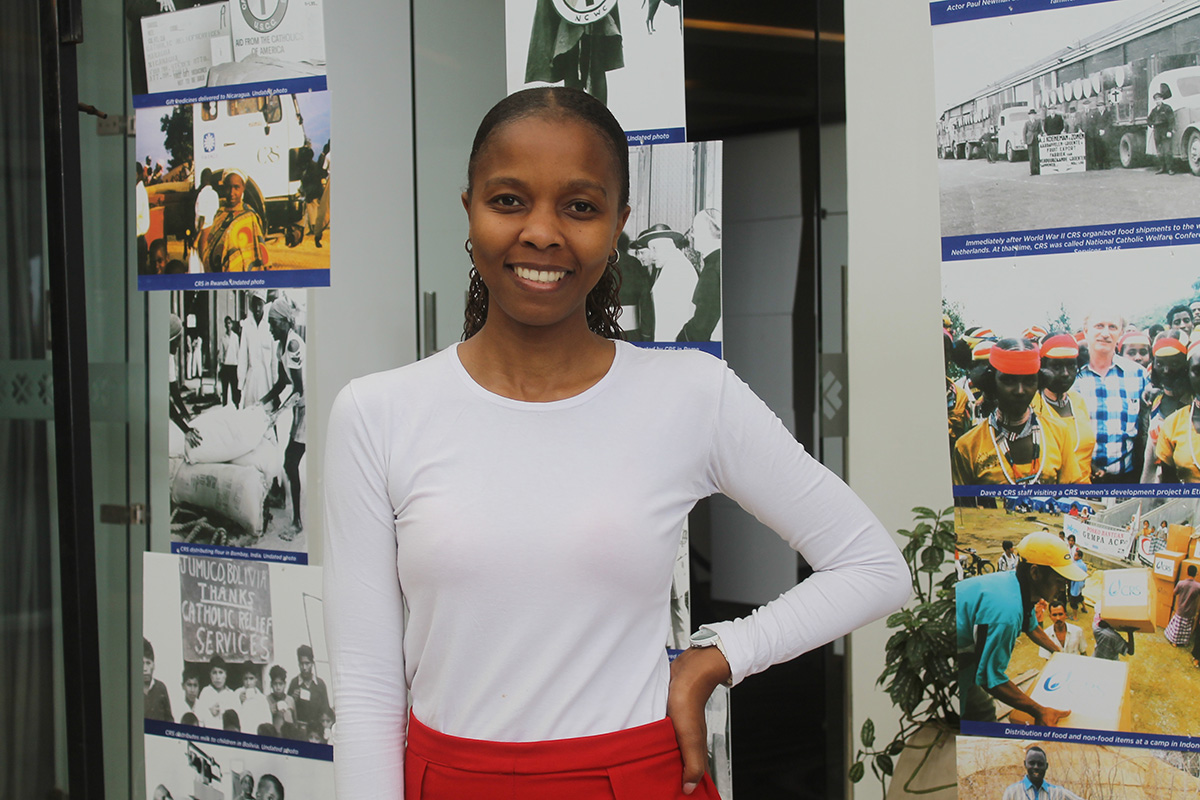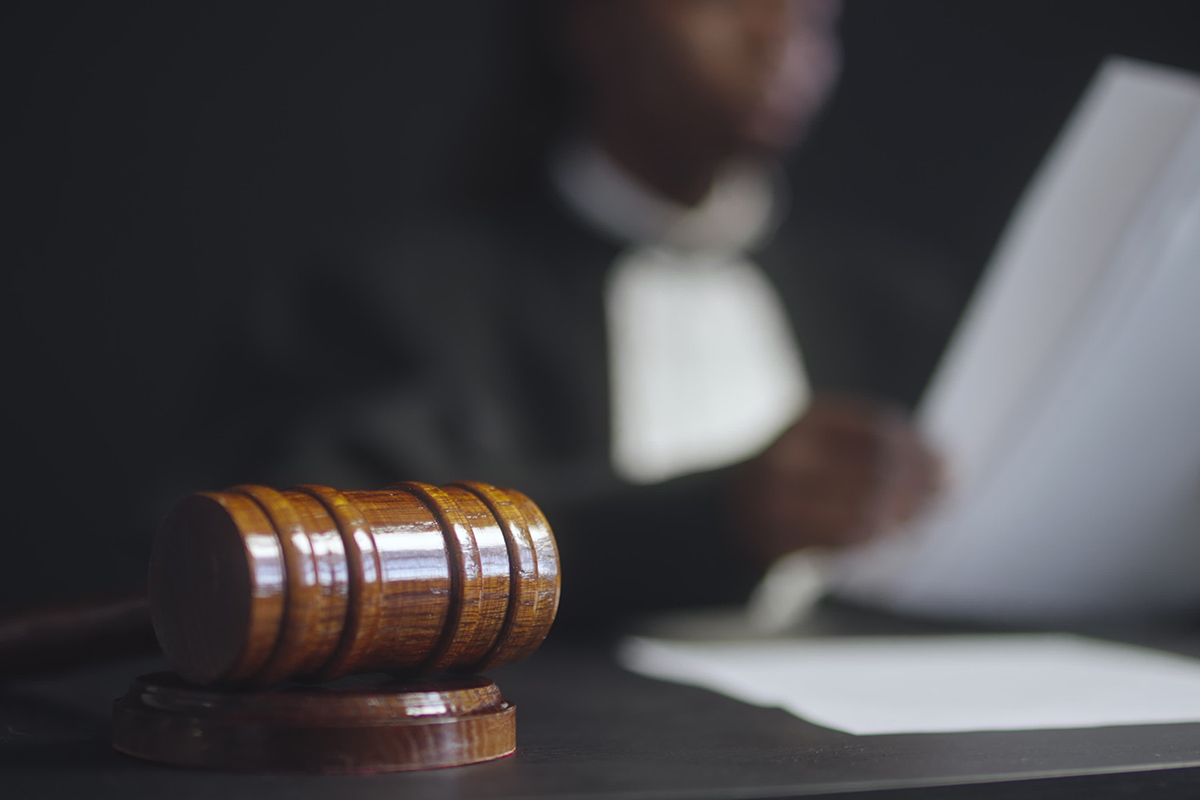“Can western ways work in Africa ?”
June 4 Africa struggles with some concepts imported from western philosophies, writes Metolo Foyet, 21, a Commonwealth Correspondent from Cameroon now living in Niger, as she surveys the interplay of democracy and choice.
Africa struggles with some concepts imported from western philosophies, writes Metolo Foyet, 21, a Commonwealth Correspondent from Cameroon now living in Niger, as she surveys the interplay of democracy and choice.
As I have mentioned, Africa has a legacy of imported western philosophies adopted through colonisation. In order to develop its nations, the North exploited the South, using their religious, political and economic ideologies, among others.
In our young democracies, institutions are weak. Leaders struggle to establish legitimacy, are not held accountable, and the people are not happy. These imported systems prove to be inadequate to Africa. Despite the need for Africa to reassess its democracy, I believe democracy is one of the tools we need to prevent the emergence of dictatorship-inclined leaders that tend to materialise on the continent. If these models worked in the North, the problem may not be in democracy itself, but in the statesmen, who either personalise democracy, or refuse to fully understand its implications.
Granted that the freedom of the people is not respected in Africa, isn’t democratic liberty contradictory in itself? Democracy promotes human rights such as education, work, health, security, and shelter – along with freedoms such as speech and choice. However, as it is not possible for an individual to please everybody, it is also not possible for a state to accommodate the diverging and conflicting views and preferences of human nature. Hence majority rule is practiced, jeopardising the rights and freedoms of the minorities – going against Mill’s Harm principle and proving that freedom for the wolf means death for the sheep.
People expect government to protect them from all harm, provide fairly-distributed economic security, and improve individual moral behaviour. If the government is granted a monopoly on the use of force to achieve these goals, history shows that power is abused. We are living in a system in which the majority rule allows the possibility for that majority to oppress the minority. Problems arise when the laws created to protect the rights of this minority are not implemented or respected, and the weak institutions in place are not viable enough to punish offenders.
What about authorities, who are supposed to lead by example, but rather portray political hubris and single minded self-interest? Is it fair to blame them for exercising their freedom, even though it sometimes negatively affects the people, as when “choosing” to modify the constitution to stay in power? Since leaders are also individuals, they are free to make choices, which unfortunately can sometimes not be in the people’s interest. Where do we draw the line? Do we deprive leaders of their rights for the greater good? Or do we treat them fairly to the detriment of the people?
In parallel, how do the actions of the USA and France (in the name of democracy) in Egypt or Libya differ from those of the fundamentalists threatening the continent with terror (in the name of religion)? Both fight for liberty. One uses the UN’s Responsibility to Protect principle to impose its will on other nations and thus save the people from religious extremism, the other wants to escape from cultural slavery (westernization) and thus save the people from adopting certain lifestyles.
Liberty is clearly a relative concept that cannot be imposed on the other. Conceptions of liberty differ from one region to another, therefore, the simple act of imposing your liberty on the other because you believe it is the best contradicts the essence of liberty: to be able to make choices, think, or act without any external interference.
Moreover, the apparent laissez-faire implications of democracy gives road to contemporary threats such as terrorism, the armaments industry and cyber criminality.
The first happens because there is free trade of arms.Since a particular group of people wants to be heard (freedom of expression and right to bear an arm), terror is the means they chose. Most terrorists are not mentally ill; they rather rationally weigh the costs and benefits of their actions and conclude terrorism is profitable.
The two last happen because of the drive to make money. Capitalism does not care what the means is, as far as the end is capital productive.
Part of that capital can always be invested in the social welfare to tackle the issues capitalism created in the first place. Fundamentalist groups in Mali for instance provide basic social welfare services such as schools, clinics and jobs, something that the Malian state has struggled to do since it gained independence (Elischer, 2015). Hence the need to rethink about who the real victim is: the government (who fails to fulfill its duties), or the rebels (wounded by social injustice and claiming their abused rights).
photo credit: UNMISS MEDIA Imvepi Refugee Camp via photopin (license)
…………………………………………………………………………………………………………………
About me: I am a social entrepreneur with focus on education, agriculture and cybersecurity.
I have a track record of adding value to organisations by delivering innovative projects that engage stakeholders and expertise in public affairs, strategic communications, translation, research and development, product design, grassroots development and project management across the not-for-profit and private sectors.
I paint, write, and am an environmental, travel and sports enthusiast. I envision a career in the public service, especially the UN.
…………………………………………………………………………………………………………………
Opinions expressed in this article are those of the author and do not necessarily represent the views of the Commonwealth Youth Programme. Articles are published in a spirit of dialogue, respect and understanding. If you disagree, why not submit a response?
To learn more about becoming a Commonwealth Correspondent please visit: http://www.yourcommonwealth.org/submit-articles/
…………………………………………………………………………………………………………………




